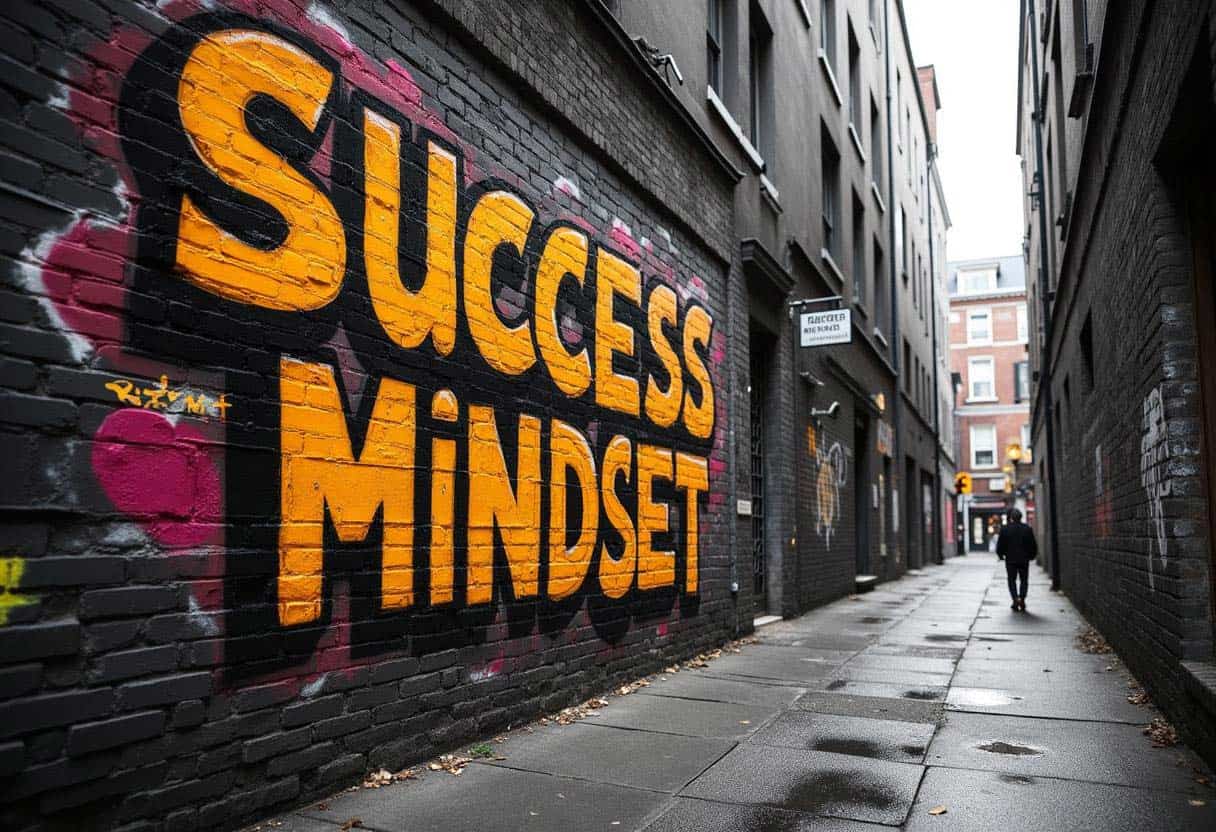The psychology of wealth explains why two people with the same income can end up with very different financial realities. While one steadily builds assets and opportunities, the other struggles to get ahead — and it’s rarely just about luck, talent, or even hard work. It’s about the way they think about money.
By understanding the psychology of wealth, you can identify the beliefs, habits, and decision-making patterns that either propel you toward financial freedom or keep you stuck in a cycle of scarcity.
How Thoughts Influence Financial Behavior
The psychology of wealth shows that your brain is wired to make thousands of micro-decisions every day — many of which directly affect your finances. Whether you choose to invest, save, or spend often depends on unconscious beliefs you’ve held for years.
For example:
- Belief: “Money is scarce, I need to hold on to every penny.”
Action: Avoids investments, misses opportunities for growth. - Belief: “Think of money as fuel for creating growth and impact.”
Action: Invests in skills, business, or assets that multiply income.
Neuroscience research within the psychology of wealth reveals that the brain responds to risk, reward, and fear in ways that directly influence financial behavior. When you change your core money beliefs, you change the actions you take — and the results you get.change your core money beliefs, you change the actions you take — and the results you get.
Scarcity vs. Abundance Thinking
IA key part of the psychology of wealth is understanding how scarcity and abundance mindsets affect your decisions.
IIn scarcity thinking, your mind dwells on what you don’t have. You’re more likely to hoard money, avoid calculated risks, and stay in your comfort zone.
In an abundance mindset, you focus on possibilities and growth. You believe opportunities are everywhere and that money flows both ways — in and out. This belief fuels bold but informed decisions, whether that’s starting a side business, investing in property, or pursuing higher-paying work.
Related reads: Transform Your Life: Understanding Abundance vs Scarcity Mindset for Success and Scarcity: Why Having Too Little Means So Much – Harvard Business Review (deep dive into scarcity psychology)
Reframing Your Money Mindset
If your current beliefs aren’t serving you, they can be reframed:
- From: “I can’t afford it.”
To: “How can I afford it?” — shifts thinking from limitation to solutions. - From: “I’m not good with money.”
To: “I’m learning how to manage money better every day.” - From: “Rich people are lucky.”
To: “Wealth is built by making smart, consistent choices.”
Reframing takes time, but even small shifts in language can lead to big shifts in action.
Habits That Strengthen a Wealth-Oriented Mindset
Shaping your financial future isn’t just about what you know — it’s about what you do consistently. In the psychology of wealth, small, repeated actions compound over time, just like money in an investment account. Here are powerful habits to hardwire a wealth-focused way of thinking:
1. Practice Daily Gratitude for Financial Wins
Start or end each day by listing three things you’re financially grateful for. It could be paying off a bill, making a smart purchase, or even learning something new about money. Gratitude trains your brain to focus on progress rather than lack, reinforcing an abundance mindset.
2. Consume Positive Financial Content
What you feed your mind determines the mindset you develop. Swap fear-driven news headlines for empowering content — books, podcasts, and blogs that inspire financial growth. Immersing yourself in stories of success is a proven psychology of wealth strategy.
3. Surround Yourself with Growth-Minded People
Your environment is one of the most powerful forces on your mindset. If you spend time with people who constantly complain about money or believe wealth is only for “the lucky,” that energy rubs off. Seek out conversations with those who think big, take action, and look for solutions.
4. Track Your Financial Progress
Wealth mindset thrives on measurable progress. Use a simple spreadsheet, an app, or even a notebook to track your income, expenses, savings, and investments. This aligns perfectly with the psychology of wealth principle that “what gets measured gets improved.”
5. Celebrate Small Wins
Paying off £50 of debt, adding £100 to your emergency fund, or landing a small freelance job might seem minor, but celebrating these wins sends a signal to your brain that your actions matter. This positive reinforcement keeps you motivated.
6. Visualise Your Future Wealth
Spend a few minutes each day imagining your financial goals as if they’ve already happened — the home you own, the freedom you feel, the choices you can make. Visualization is a classic psychology of wealth technique for aligning your subconscious with your conscious goals.
The Self-Fulfilling Prophecy of Wealth
The psychology of wealth demonstrates how beliefs shape actions, which create results that reinforce beliefs. This is why wealthy thinking often leads to wealth — and scarcity thinking keeps people stuck.
When you believe you can grow, you’ll take actions that reflect that belief:
- Investing in learning and assets.
- Seeking high-value opportunities.
- Viewing failures as data, not defeat.
Conclusion
The psychology of wealth isn’t about wishful thinking — it’s about aligning your beliefs with the actions that create financial growth. When you train your mind to see opportunity, take calculated risks, and stay persistent, you position yourself for long-term success.
Continue your mindset journey with our other articles, Define Wealthy: Discover the True Meaning Beyond Money and Materialism.






